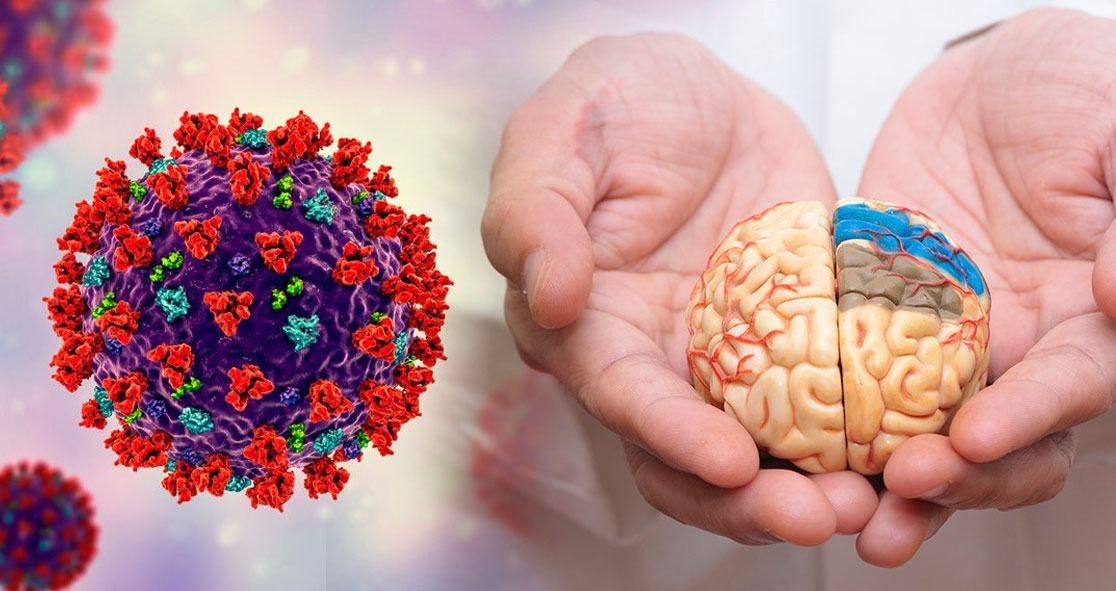A new study led by Cleveland Clinic has found mechanisms by which COVID-19 can lead to Alzheimer’s disease-like cognitive impartment and dementia.
The study, published in Alzheimer’s Research & Therapy, finds the association between COVID-19 and neurological changes common in Alzheimer’s disease (AD), which could help develop therapeutic strategies for COVID-associated cognitive impairment.
There is growing evidence that COVID leads to neurological complications in some patients, suggesting that the virus may have lasting effects on the central nervous system. However, it is unclear how the coronavirus is leading to neurological implications.
The study’s lead author Dr. Feixiong Cheng said, “While some studies suggest that SARS-CoV-2 infects brain cells directly, others found no evidence of the virus in the brain.”
“Identifying how COVID-19 and neurological problems are linked will be critical for developing effective preventive and therapeutic strategies to address the surge in neurocognitive impairments that we expect to see in the near future,” explained Dr. Cheng, who is an assistant staff in Cleveland Clinic’s Genomic Medicine Institute.
Researchers have no strong evidence that the virus targets the brain directly, but they discovered that the virus affects the genes/proteins associated with several neurological diseases, especially those associated with Alzheimer’s, suggesting COVID could lead to AD-like dementia.
Dr. Cheng said, “We discovered that SARS-CoV-2 infection significantly altered Alzheimer’s markers implicated in brain inflammation and that certain viral entry factors are highly expressed in cells in the blood-brain barrier.”
“These findings indicate that the virus may impact several genes or pathways involved in neuroinflammation and brain microvascular injury, which could lead to Alzheimer’s disease-like cognitive impairment,” he added.
“Ultimately, we hope to have paved the way for research that leads to testable and measurable biomarkers that can identify patients at the highest risk for neurological complications with COVID-19,” explained Dr. Cheng.
The team is now working to identify actionable biomarkers and new therapeutic targets for COVID-associated neurological issues in COVID long-haulers using cutting-edge network medicine and artificial intelligence technologies. The article was published in Science Daily.























